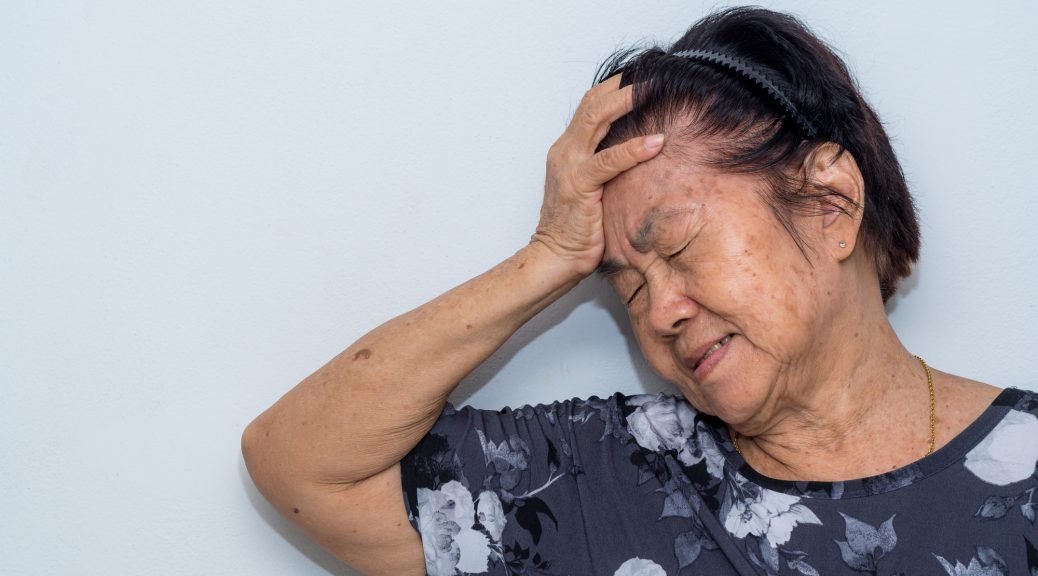Other Specified Depressive Disorder 311 (F32.8):
Information related to Other Specified Depressive Disorder as well as the specific symptoms follow below. While some of these Other Specified Depressive Disorder symptoms may be recognized by family, teachers, legal and medical professionals, and others, only properly trained mental health professionals (psychologists, psychiatrists, professional counselors etc.) can or should even attempt to make a mental health diagnosis. A multitude of factors are considered in addition to the psychological symptoms in making a proper diagnosis, including medical and psychological testing considerations. This information is for information purposes only and should never replace the judgment and comprehensive assessment of a trained mental health clinician.
Other Specified Depressive Disorder 311 (F32.8) diagnostic criteria:
This category applies to presentations in which symptoms characteristic of a depressive disorder that cause clinically significant distress or impairment in social, occupational, or other important areas of functioning predominate but do not meet the full criteria for any of the disorders in the depressive disorders diagnostic class. The Other Specified Depressive Disorder category is used in situations of when the clinician chooses to communicate the specific reason that the presentation does not meet the criteria for any specific depressive disorder. This is done by recording “other specified depressive disorder” followed by the specific reason such as “short-duration depressive disorder”.
Examples of presentations that can be specified using the “other specified” designation include the following:
1. Recurrent brief depression: Concurrent presence of depressed mood and at least four other symptoms of depression for 2-13 days at least once per month (not associated with the menstrual cycle) for at least 12 consecutive months in an individual whose presentation has never met criteria for any other depressive or bipolar disorder and does not currently meet active or residual criteria for any psychotic disorder.
2. Short-duration depressive disorder (4-13 days): Depressed affect and at least four of the other eight symptoms of a major depressive episode associated with clinically significant distress or impairment that persists for more than 4 days, but less than 14 days, in an individual whose presentation has never met criteria for any other depressive or bipolar disorder, does not currently meet active or residual criteria for any psychotic disorder, and does not meet criteria for recurrent brief depression.
3. Depressive episode with insufficient symptoms: Depressed affect and at least one of the other eight symptoms of a major depressive episode associated with clinically significant distress or impairment that persists for at least two weeks in an individual whose presentation has never met criteria for any other depressive or bipolar disorder, does not currently meet active or residual criteria for any psychotic disorder, and does not meet criteria for mixed anxiety and depressive disorders.
Adapted by Paul Susic Ph.D. Licensed Psychologist from the Diagnostic and Statistical Manual of Mental Disorders Fifth Edition (DSM-5) American Psychiatric Association


